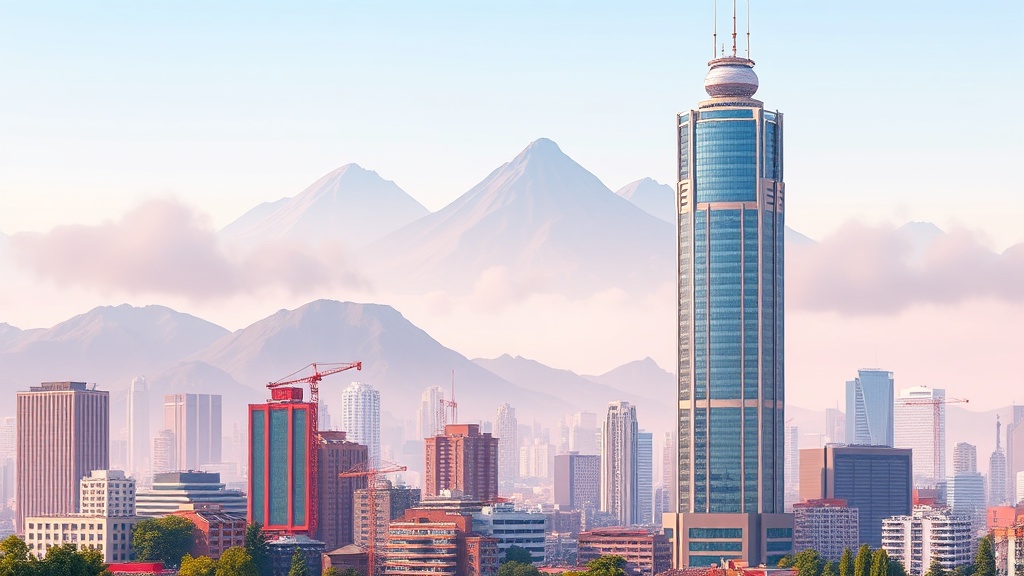Home / Environment / Santiago's 30-Year Fight Against Air Pollution Pays Off
Santiago's 30-Year Fight Against Air Pollution Pays Off
2 Oct
Summary
- Pollution levels in Santiago, Chile have decreased by 66% over the last decade
- The city has implemented long-term policies like modernizing public transportation and banning wood-burning heaters
- Experts say the challenge is not over as ozone pollution rises in summer due to climate change

As of October 2025, Santiago, Chile's capital, has seen a significant improvement in its air quality after nearly three decades of implementing long-term policies to tackle pollution. Over the last decade, the city has witnessed a 66% decrease in hours of exposure to high levels of pollution, allowing the 7.5 million residents of the metropolitan region to breathe cleaner air.
This progress is the result of a sustained effort, including modernizing public transportation, implementing vehicle restrictions, and banning wood-burning heaters in winter. However, experts warn that the challenge is far from over. While fine particulate matter (PM2.5) has been decreasing during the colder months, another pollutant - tropospheric ozone - is gaining ground in the summer, a scenario worsened by the ongoing climate crisis.
Despite the improvements, Santiago's unique geography and meteorological conditions, such as temperature inversions and a low atmospheric boundary layer, continue to trap pollutants, making the city one of the most polluted in the world during the worst years. In the past, there were hundreds of critical alerts and environmental emergencies due to the severe pollution, overwhelming local hospitals.
The local government has taken several steps to address the issue, including implementing stricter vehicle restrictions and banning wood-burning and wood-based heaters during pre-emergencies and environmental emergencies. These measures have led to a significant reduction in violations, with more than 312,000 vehicles staying off the road during the winter of 2025.
While the progress is encouraging, experts caution that the normalization of pollution levels could make it more challenging to implement further measures, such as electrifying home heating and cooking. Nevertheless, residents have noticed the improvements, with some reporting fewer respiratory illnesses in their families compared to previous years.
Santiago's journey to cleaner air is a testament to the power of long-term, sustained policies and citizen cooperation. However, the city still has work to do to ensure that this breath of fresh air becomes a lasting change.




